|
|
Tuesday Review: The TikTok Hornets' Nest; Apple Silicon Thoughts (Updated - minor text errors)By Graham K. Rogers
TikTok had seemed open to the sale of its US operations to Microsoft which would cover those potential problems, and Microsoft could gain in terms of income (directly and indirectly), but that hornets' nest was opened up by the self-styled arch-deal maker. It is reported (France24) that as part of any deal, Trump wants a cut to go to the Treasury. This was another astounding moment for me in a week that has seen a couple already. I saw later that Danny Crichton (TechCrunch) called this, "one of the crazier news stories" so my initial reaction was about right. It sounded like the sort of mob-boss mentality Trump has brought to some of his White House actions and reactions. Crichton doubts if this is actually do-able in his analysis of the comment and thinks this would set Microsoft up for considerable difficulties afterwards. I am not sure if Satya Nadela (Microsoft CEO) was being naive or just keeping mum, hoping it would all be forgotten. Mike Pence has also mentioned WeChat in the same light: a potential presidential decree with a ban. This rule by decree which has been widely used for some knee jerk changes borders on dictatorship and should be carefully monitored. Some of the decrees have been negated by Congress or the Supreme Court, either of which is likely to bring on a Twitter storm. Anyone familiar with John Barth's, Giles Goat Boy might be amused by the battle here between East and West campuses (EASCAC and WESCAC) involving TikTok. A later development reported by Xeni Jardin in BoingBoing suggests that either China is not happy or is muddying the waters. I like the idea of this as this will annoy the President quicker than anything. China, he writes, will not accept the theft of this Chinese technology company and looks like it will respond. If the USA carries out this "smash and grab" China has plenty of ways it can respond we are told. There is some feedback in the USA too with M. G. Siegler (500ish) reacting strongly against Microsoft's sycophancy and outlining some of the inconsistencies in the proposed deal, such as US, Canada, Australia, New Zealand, but not the UK; and not India where Nadella was born; or many other countries. He also questions which technology (such as vital algorithms) Microsoft might have access too. Other commentators are also asking questions, with Om Malik wondering why this was not put out as an offer to other companies and noting, like Siegler, that Microsoft was one of the only big companies not to be questioned last week by the government. All the way through since this announcement was made there is something that is not quite right here. I was aghast at the idea of a payment to the treasury, but Malik is also uncomfortable with the situation. There is clearly more to come with this story. As a note, I was surprised to find that President Obama over 8 years had issued 275 decrees which is an average of 34.375 per annum over his 8 years. President Trump has issued (so far) 137 over his (almost) 4 years, which is on average 34.25 per annum.
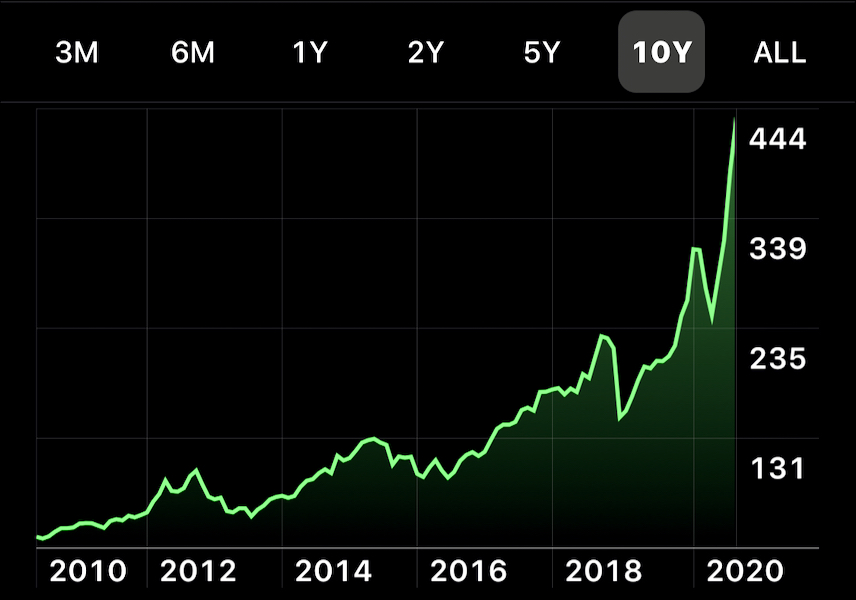
Apple share price
Apart from the menu system that had a vague similarity to the PCs this had a mouse and I found it rather hard to use. John Dvorak famously wrote of this, "There is no evidence that people want to use these things. I don't want one of these new fangled devices." History proved him wrong, although I prefer a trackpad as the input seems more natural to me than the grip of a mouse.
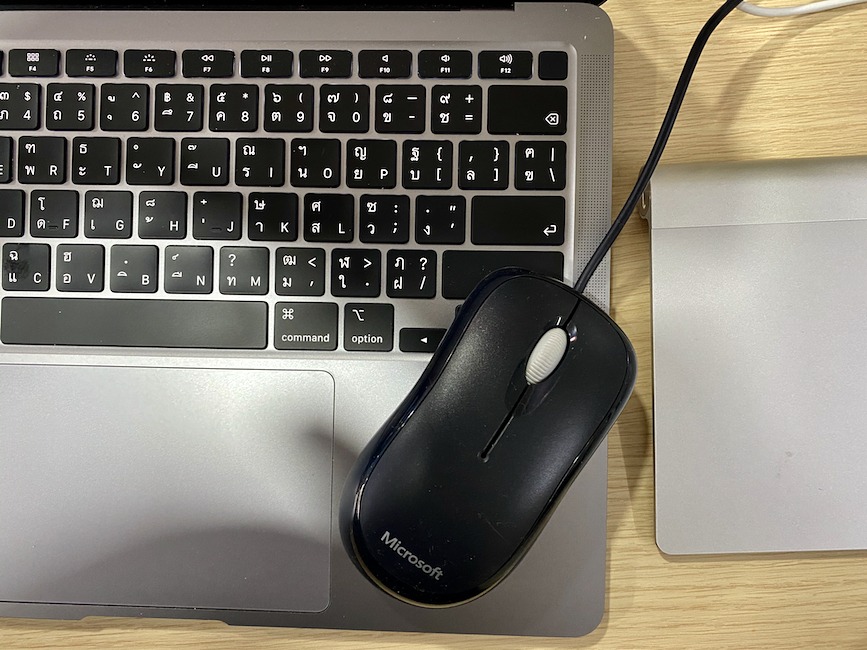
Trackpad on MacBook Air, Microsoft Mouse, and Apple Trackpad
He moved to Xerox in 1971 where Steve Jobs later saw the basic mouse and the GUI demonstrated. He persuaded Xerox to let him use both and the Mac was born. It is a little more complex than that and cost him his position at Apple when John Sculley did his house cleaning at Cupertino. Next came NeXT which was brought back in to Apple by Gil Amelio along with Steve Jobs and what became OS X. Now look where we are with Apple Silicon.
The Apple Silicon announcement has created much justified excitement along with some speculation. I couch that in terms of wishes rather than statements about what Apple will do: I have been following Cupertino too long for that. Only Apple knows. An article by Omar Sohail (wccftech) that appears to be speculative has a lot of good ideas behind it, although they did call it ARM-based. It follows a rumor that suggests a 12" MacBook could be the first device of this new era, starting at $799 (about 25,000 baht) for the basic model. I would go for this particularly if the 16GB upgrade was not too expensive. There was an interesting analysis of the new approach by Apple on Android Authority a few days ago, which surprised me as the site is not always positive toward Cupertino. Dhruv Bhutani takes a good look at the way Apple has developed the new chips, and what it means for the future, and compares this with how Google operates. He finds the latter lacking, particularly with its fragmented approach, partly due to supplying manufacturers rather than having its own product (apart from the Pixel of course). Above all, he is positive on the integrated approach that Apple users like me put forward as one of the main reasons for working with the brand.
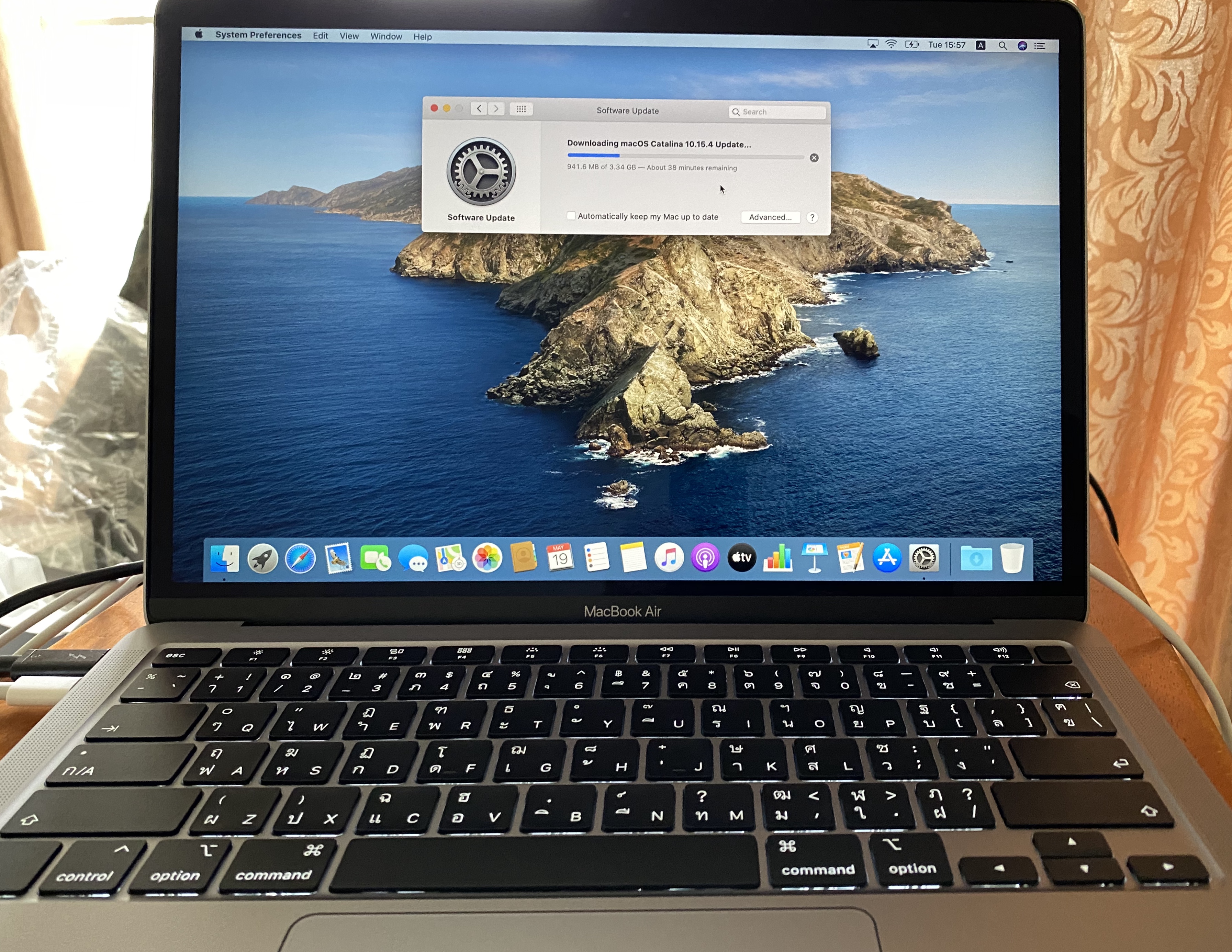
MacBook Air
This "completely unified ecosystem" actually irks Android users, he writes, adding that Apple has a walled garden of apps, services and products "that just work and, crucially, work together." This lack of cohesion on the Google side is now emphasized with the appearance of Apple Silicon which (as I have written before) will allow Apple to produce features that no other manufacturer will be able to match. Google needs to face some facts, he suggests in this fairly long article that is well worth reading.
This does not affect the most recent devices. Owen writes that "the error is . . . is not a vulnerability of the Secure Enclave Processor itself . . . [but] it is a problem with a memory controller that takes control of the TZ0 register memory, which manages the range of the Secure Enclave Processor's memory usage." Information is expected to be provided to Apple and it is hoped there may be some way to keep this secured.
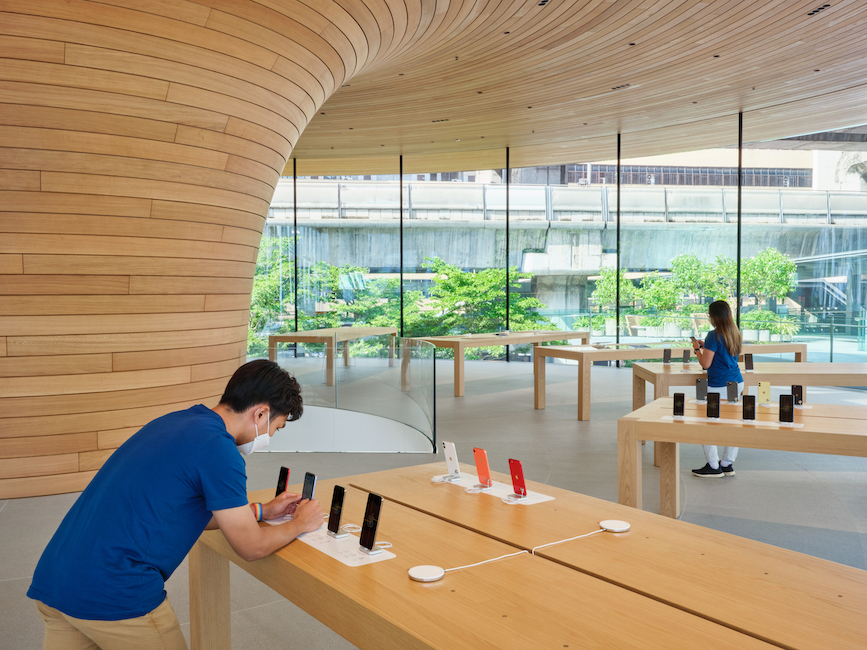
Apple Store, Central World, Bangkok - Image courtesy of Apple Apple share price
Graham K. Rogers teaches at the Faculty of Engineering, Mahidol University in Thailand. He wrote in the Bangkok Post, Database supplement on IT subjects. For the last seven years of Database he wrote a column on Apple and Macs. After 3 years writing a column in the Life supplement, he is now no longer associated with the Bangkok Post. He can be followed on Twitter (@extensions_th) |
|

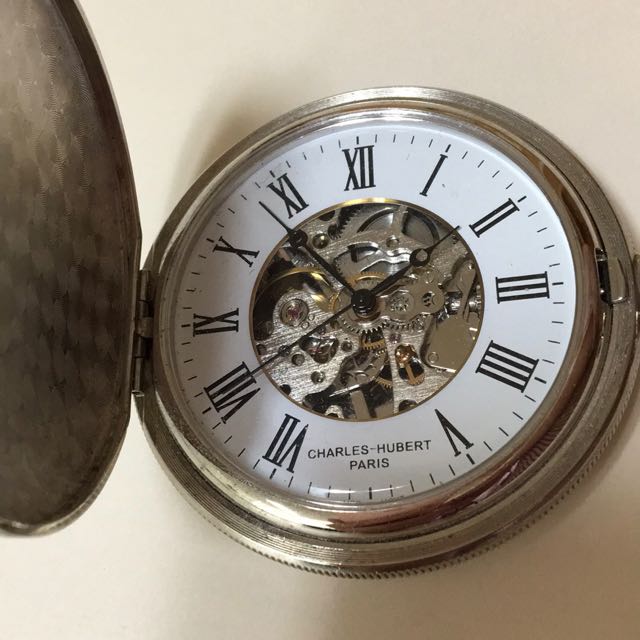
 On that point of censorship in China, it is well known that users there are not allowed to access services like Google while chat services and others are severely limited (and controlled). A Chinese student I know who had been living outside the country for several years was shocked on a visit last year at how restrictive it all was. Although he had grown up there and was used to how things worked, or didn't, his taste of freedom showed him the contrast. Apple is widely reported as having removed some 30,000 apps from the App Store in China because the government there does not like them. It's all somewhat Big Brother.
On that point of censorship in China, it is well known that users there are not allowed to access services like Google while chat services and others are severely limited (and controlled). A Chinese student I know who had been living outside the country for several years was shocked on a visit last year at how restrictive it all was. Although he had grown up there and was used to how things worked, or didn't, his taste of freedom showed him the contrast. Apple is widely reported as having removed some 30,000 apps from the App Store in China because the government there does not like them. It's all somewhat Big Brother.
